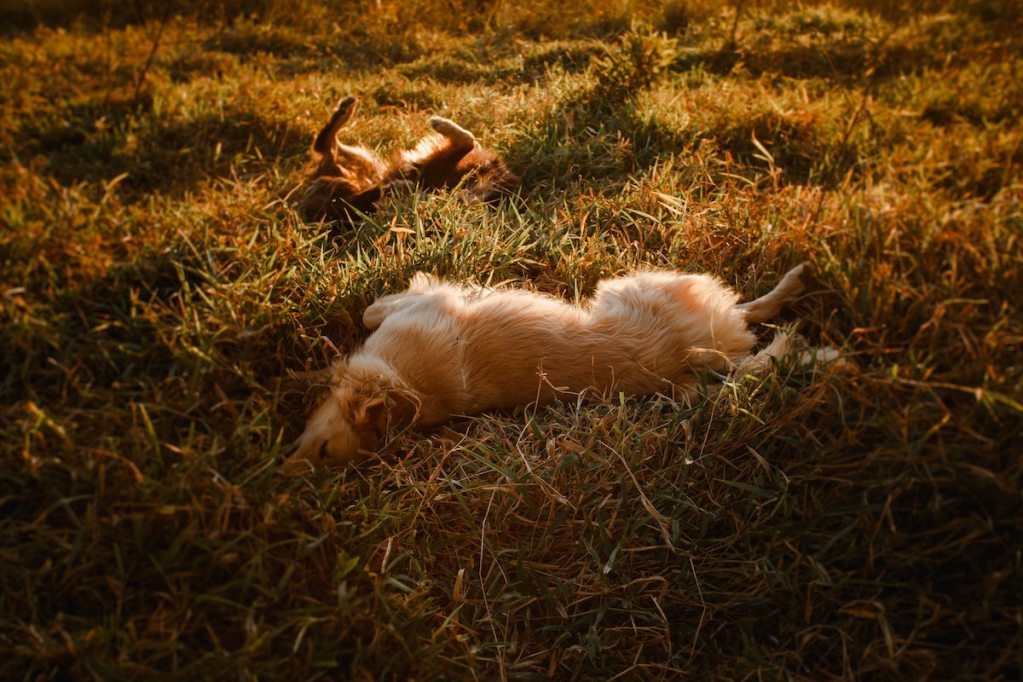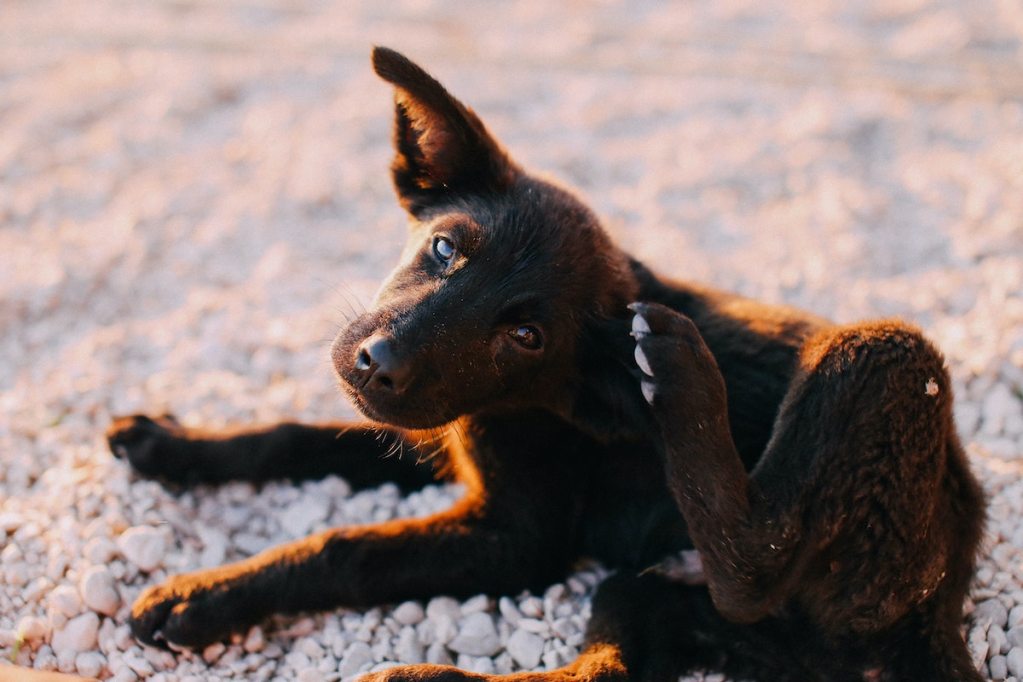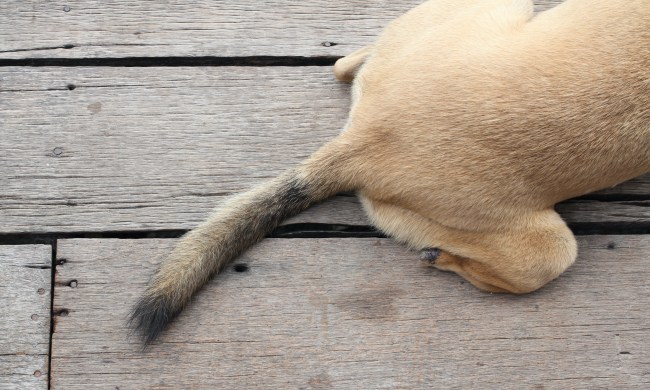Fleas. They’re sort of like the lice of the dog world. You know they’re a possibility, but you’re crossing your fingers, hoping they never come for your pup.
Like lice, fleas are generally harmless but annoying. Unlike lice, which usually happens through prolonged head-to-head contact (something small children do more than you may think), it’s easier to prevent fleas in dogs. Flea medicine for dogs can treat the issue, but monthly preventatives can help your pet avoid it altogether. Still, you want to know the signs and symptoms if your dog catches fleas. Luckily, vets are also versed in flea treatment for dogs.
What flea treatment is available for dogs? How did my pet wind up with this issue in the first place? Here’s the 4-1-1 on fleas and Fido.

How do dogs get fleas?
There are several ways dogs can get fleas, including:
- Grass. Wildlife roams your backyard or pup’s favorite park. It may lay flea eggs or transmit fleas through the ground.
- You or another pet. Fleas like to jump (something that distinguishes them from lice). You or another dog (or even a cat) may bring one inside, landing on an unsuspecting victim: your pooch. (Your pet can return the favor and give you fleas, too.)
Look out for these telltale signs that your dog has fleas:
- Excessive scratching or licking
- Red pimple-like bumps on your dog’s skin
- Hair loss
- Dry or red skin
You can check for fleas in dogs by combing and inspecting their coat, particularly around the belly, groin, and base of the tail. Fleas are small and challenging to spot. Flea dirt, which looks similar to pepper or sand, is a bit easier to find. You can place your dog on a white towel while grooming them to help make the color more noticeable.
Generally, fleas don’t pose a life-threatening issue for dogs, though they cause discomfort. However, your dog may develop lesions or cuts without treatment. They can become infected, leading to further problems.

What is the best flea treatment for dogs?
The best flea treatment for dogs is prevention. Monthly flea medicine for dogs wards off these pesky bugs. If your dog isn’t on one of these medications or winds up with fleas anyway, you can treat the issue with help from your vet. Medicated shampoos, sprays, and antibiotics can rid your pet of fleas.
Cleaning can also reduce the risk of fleas. Vacuum the floors — it’ll rid your home of any flea eggs or even adult bugs you brought in from outside. Even hardwood and linoleum floors can make cozy homes for fleas. Remember, fleas can jump, so empty the vacuum bag or base as soon as you’re done and take out the trash. Regularly wash and dry your pet’s bedding to kill any fleas and larvae that set up shop in your pet’s cozy space.
Again, fleas generally won’t pose a severe medical issue. However, they’re no fun. Prevention and prompt treatment will keep your dog comfortable.



